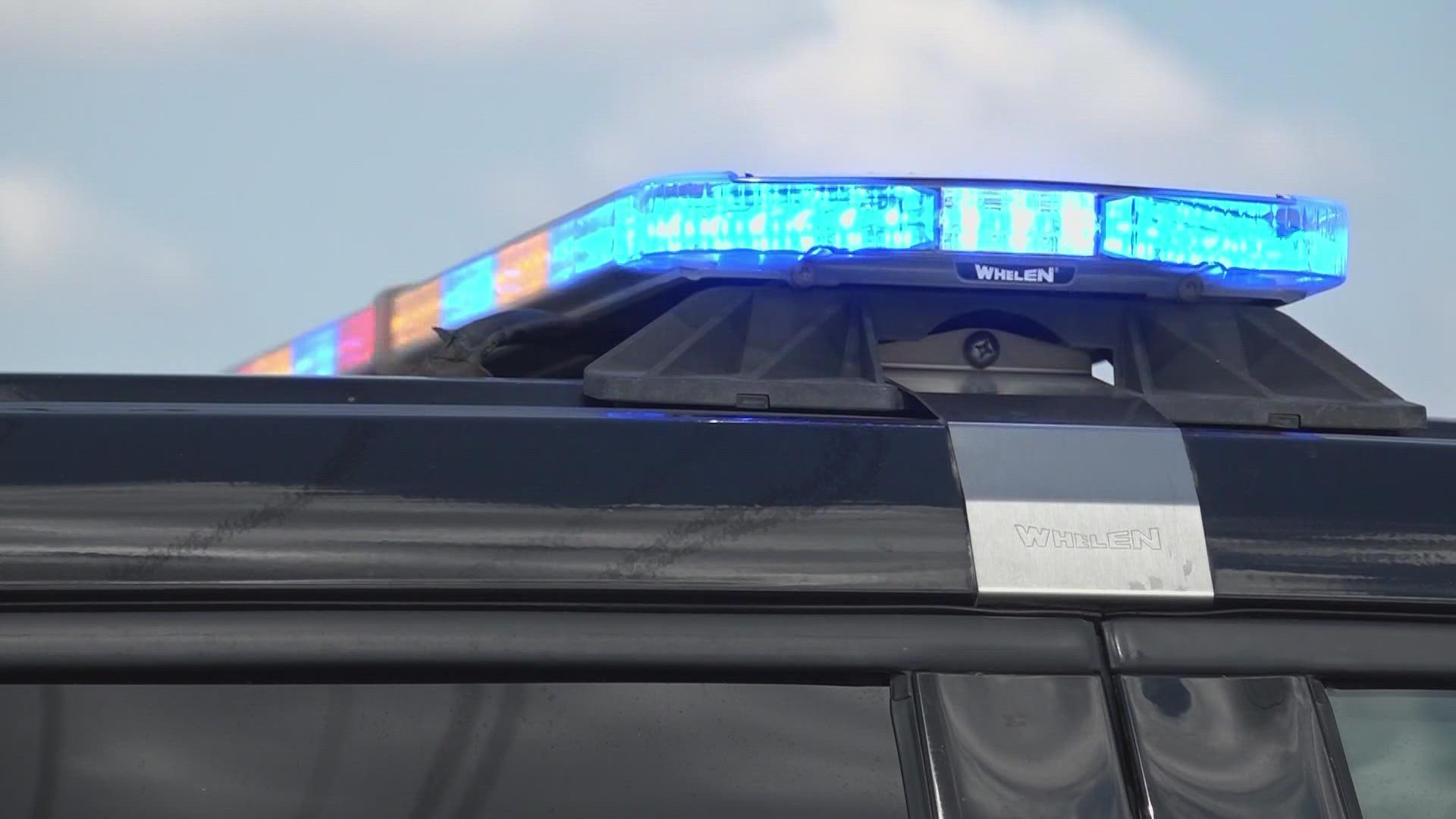SAN ANTONIO — With five suicides in the last seven months among San Antonio Police officers, department leaders say saving the lives of those who work to protect and serve the rest of us is a top priority.
The latest to die is 30-year-old Officer Jordan Hammond, who Police Chief William McManus says shot himself as other officers were desperately looking for him after he made a last phone call to a fellow officer this week.
One possible source of help for struggling officers is a national helpline for those who are feeling stressed out.
Founder and Director of the program Stephanie Samuels said “Copline is a hotline that is answered 24/ 7 by retired, vetted police officers all over the United States. It is for officers as well as their families, including retired police officers.”
Samuels said for those who always answer the call to protect and serve, making a call to ask for help can be difficult. She said it’s disheartening that many officers do not trust their own organizations when it comes to mental health help.
“Officers really believe that if they call a hotline, that they reach out for help, that's it's going to cost them the gun, badge and patch that they wear,” Samuels said.
Samuels said because Copline is a non-profit that takes no money from government sources, they are able to avoid mandates for reporting information they receive. Samuels said they very intentionally do not pass on any information about suicide talks, although if they receive calls related to homicide threats or abuse of the elderly or children, they will act.
Because historically only about two percent of the calls they receive relate to suicide, Samuels said she knows from experience that being able to talk about stress is often the way to get officers through tough moments.
“We do not call if an officer is having a bad day and is thinking about killing themselves. And the reason why is that we know that officers that reach out for help, don't die by suicide. If they dial us, they are ambivalent, and with that ambivalence, we've got them from there,” Samuels said.
Retired law enforcement officer Todd, who has been through extensive training and volunteers to answer calls, said getting help is as simple as dialing the phone.
“The way it starts out is ‘This is Copline. I'm Todd. How can I help you? You know, what's going on?’”
Todd said officers are overwhelmingly concerned with confidentiality, and they want to know that the person on the other end of the line truly knows what it’s like.
“They want to know if we truly are retired police officers. A cop knows a cop. Once they get that out of the way, they just kind of want to vent,” Todd said, adding that some calls can last a few minutes, while others may take hours.
Samuels said they are emphatic about anonymity. “It’s confidential. They can block their number when they call. They can say they’re Mickey Mouse. We don’t care.”
Todd said since the pandemic, society has changed. “It's just a bad time to be a cop right now and when they're reaching out, everyone's against them and they just need to connect,” Todd said.
Todd said “In more than two years, I’ve had only four or five actual suicidal calls and they just needed to cry and get it out of their system.”
“There's a lot more violence out there now. You can't tell who friend or foe is any more. The lines are not as drawn as they used to be,” Todd said.
Samuels said, no matter the issue, the volunteers have heard it all before and know how to respond.
“These guys are trained. They do not judge and they do not give advice. It's about sitting in that hole with them, and a pain shared is a pain divided,” Samuels said, adding “They get it like nobody else.”
At a Friday prayer service at Public Safety Headquarters, Police Chief William McManus said he and his command staff are actively looking for more ways to help officers who may be facing challenges.
“We need to go back and take a look at that and see if we can't expand the services and the places where an officer who is having trouble can reach out,” McManus said, adding there is a psychologist on staff, peer group help and an officer concern program that helps anyone who needs it find the right assistance program.
McManus said the death of Officer Jordan Hammond on Thursday is weighing heavy on his heart and he understands the need to do more.
“Whatever the issues are, it is incumbent upon us that if there is a change in the officer’s behavior, we need to pick that up, and figure out what's going on and provide some assistance that the officer might need.”
Copline can be reached 24/ 7 by calling 1-800-COPLINE. They say their goal is to answer every single call within three or four rings.

